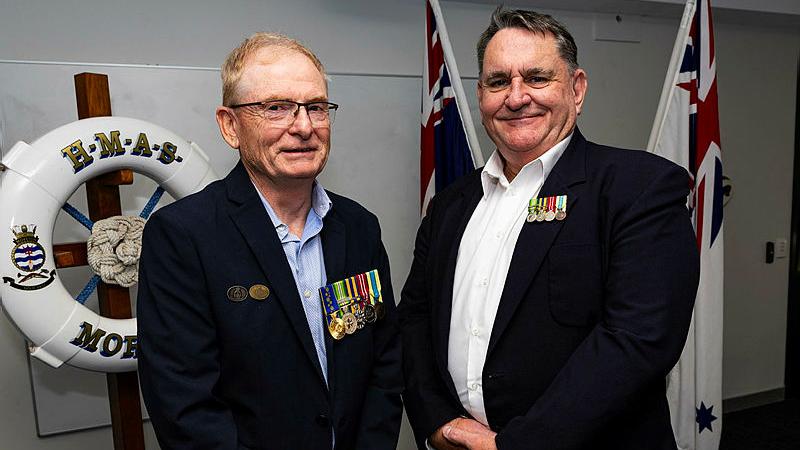An enforceable undertaking between Maritime NZ and stevedoring company SSA, is set to benefit a range of groups including port workers, emergency responders and health researchers.
In December 2021 a Maritime NZ investigation commenced after an SSA stevedore, who was working at height and guiding containers into position on a container ship, was pinned between a swinging container and another one behind him.
Maritime NZ’s investigation found that the worker was wearing a harness to work at height without a safety line and relied on clipping himself to lashing bars using a single lanyard/clip.
This meant the stevedore was unable to move away from the swinging container, and into a safer position.
“We know working at height is a critical risk area for causing harm at ports. We agreed to the enforceable undertaking as it proposed a range of benefits for a variety of different groups,” Maritime NZ’s General Manager Investigations, Pete Dwen says.
An enforceable undertaking is an agreement between Maritime NZ and a duty holder (operator) made under the Health and Safety at Work Act 2015 (HSWA). It is entered into voluntarily by the duty holder following a breach (including an alleged breach) of HSWA and, once in place, is legally binding. It is generally used as an alternative to prosecution. It must include appropriate amends to victims, and commitments that would promote health and safety at that work place, the wider industry and the community.
The $285,000 undertaking will see SSA develop courses to improve safety of those working at heights, implement changes to reduce risks on mobile plants, and improve training for first responders attending incidents at ports.
“A key part of the undertaking will be to improve sector training through the development of a working-at-heights training programme.”
“Education is a critical part of improving safety, and we are glad to see SSA proactively working to promote safer practices and reduce instances of harm,” Mr Dwen says.
Responders from Fire and Emergency will benefit too, with funding set aside to develop a port response training course.
“Fire and Emergency personnel are often called upon to respond to incidents at ports, and it is important they understand how ports work and the risks at them,” Pete Dwen says.
As well as the industry and port-focused initiatives, SSA will fund a Massey University study targeting soft tissue injuries.






